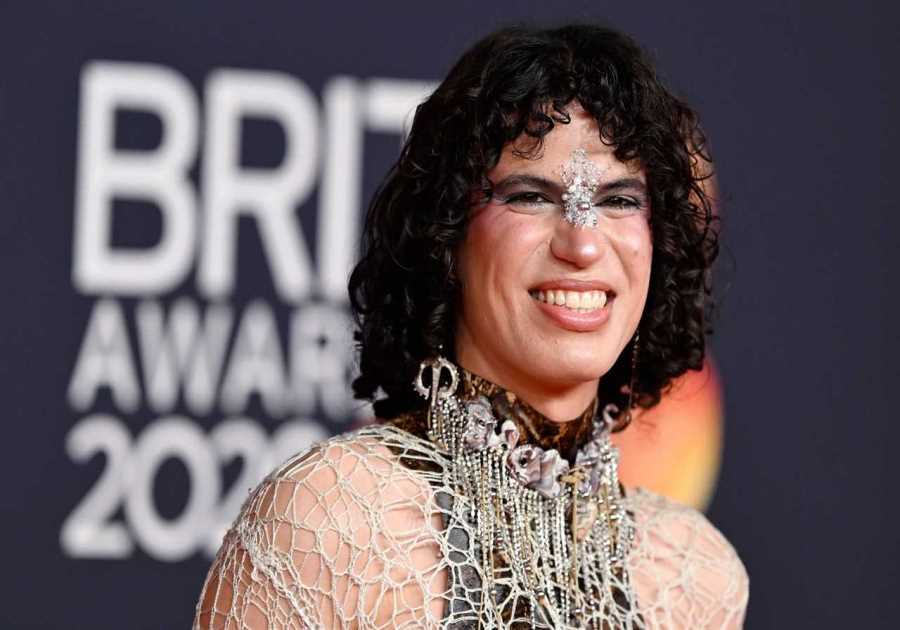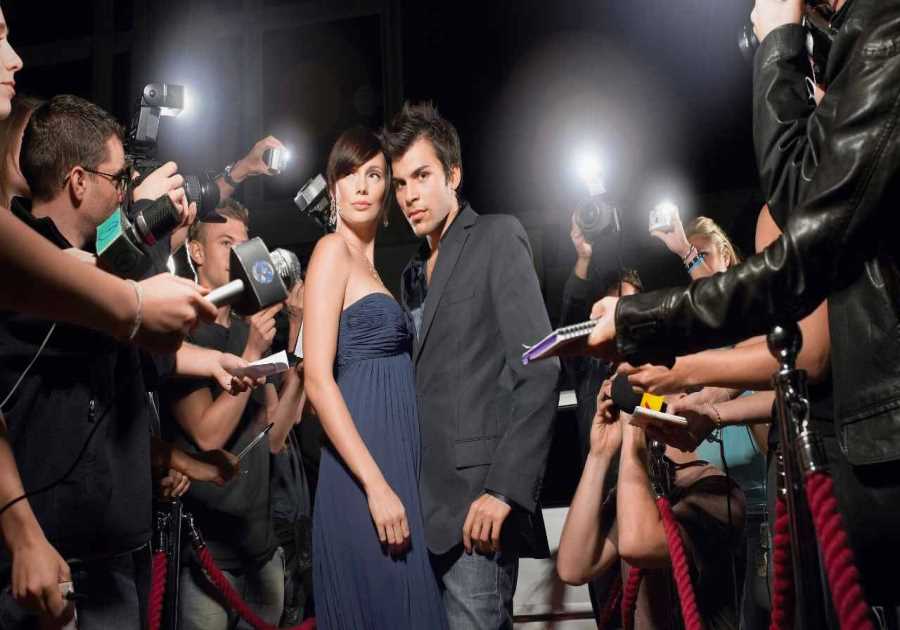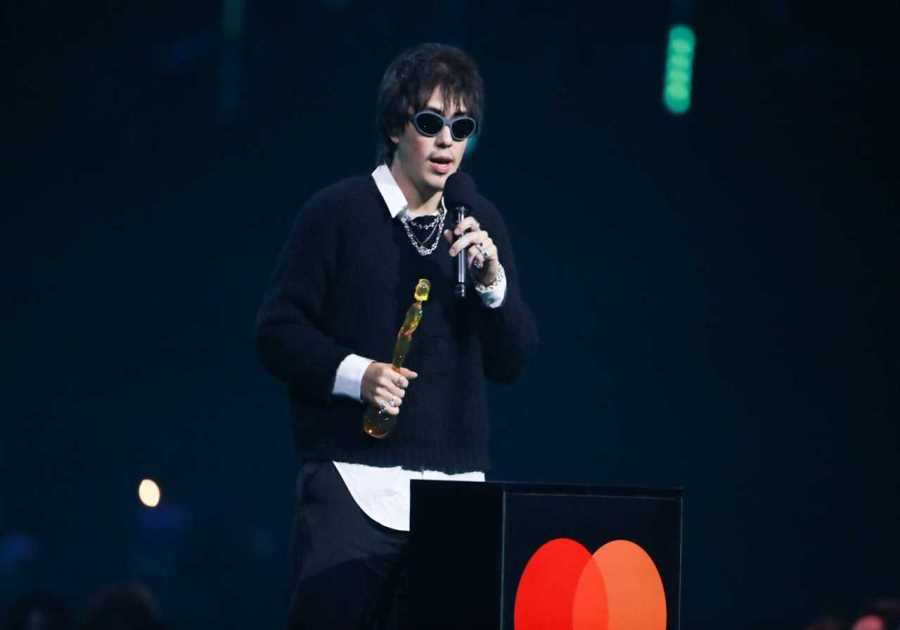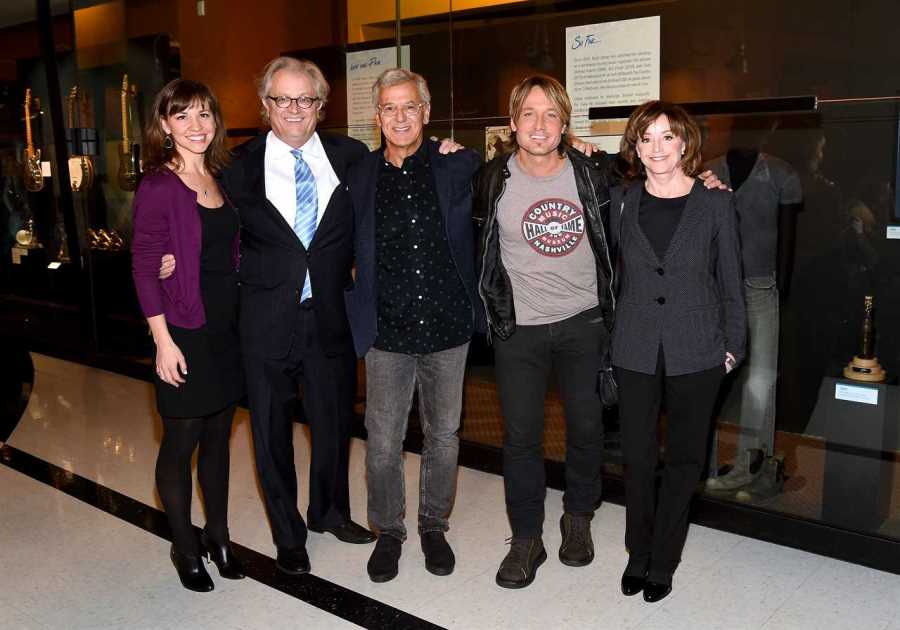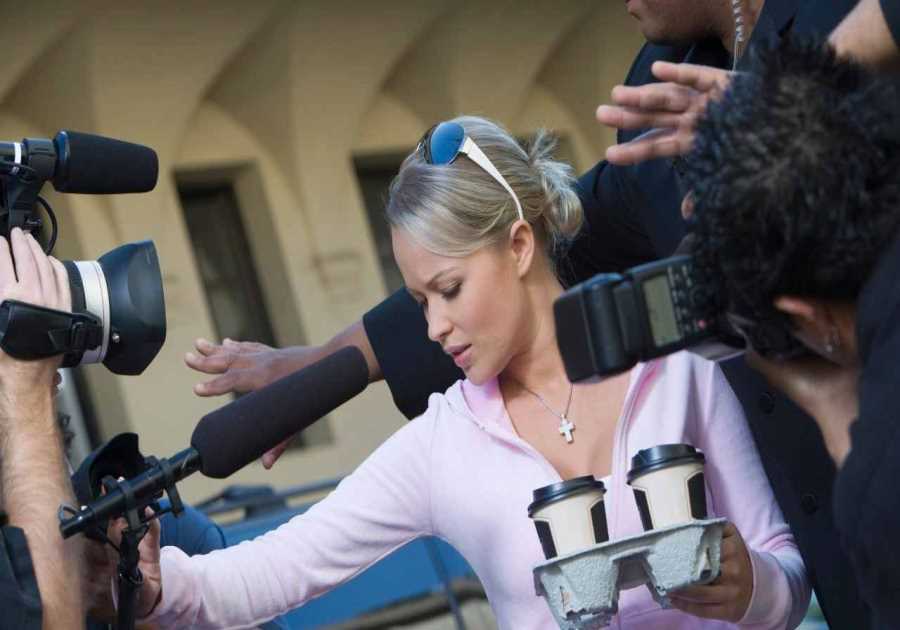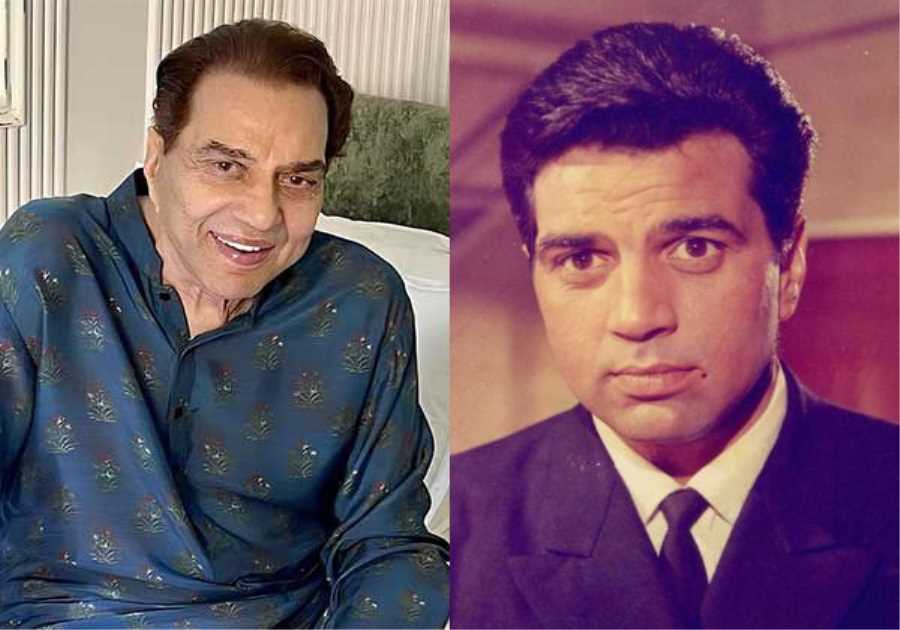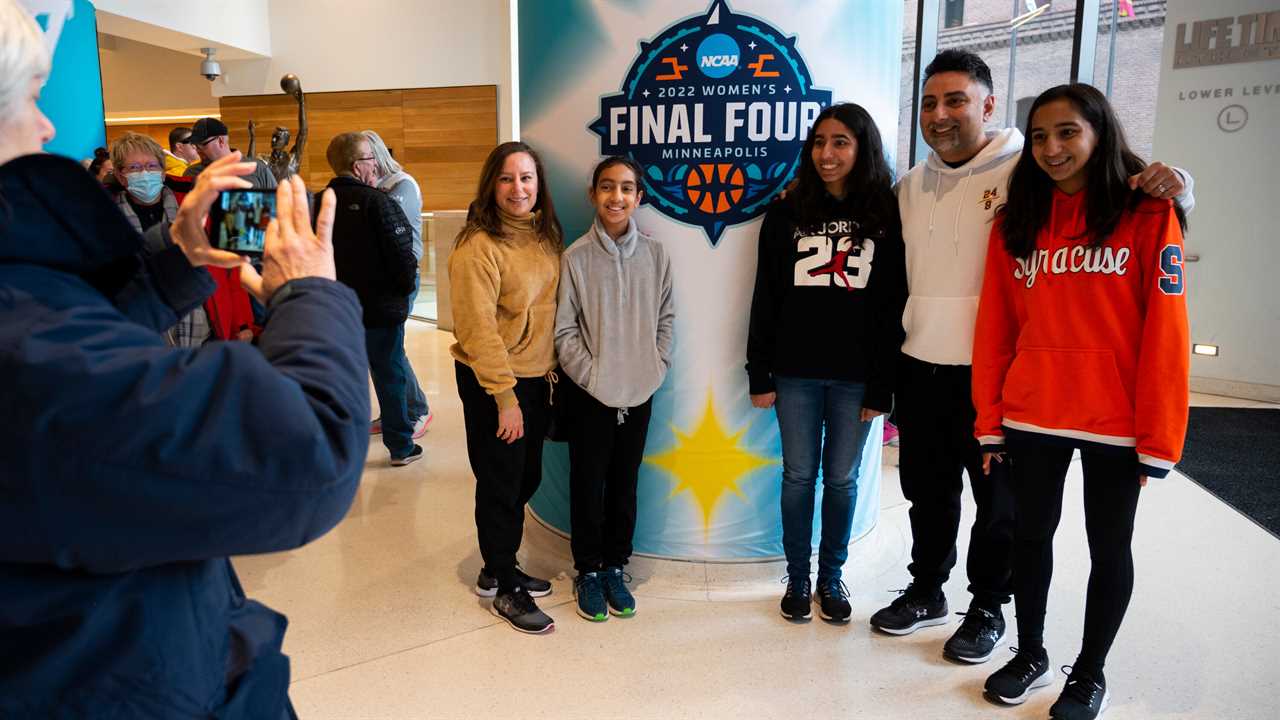
MINNEAPOLIS — Visitors walking out of the baggage claim area at the Minneapolis-St. Paul International Airport this weekend were greeted by a local celebrity. “Welcome to Minneapolis,” said Lindsay Whalen, in a recorded message broadcast over the loudspeaker. Whalen is a Minnesota native who helped lift the University of Minnesota women’s basketball team to its only Final Four in 2004 and who was a core piece of the Minnesota Lynx’s dynasty that won four championships. Today, she is the head coach of the University of Minnesota Golden Gophers.
Whalen’s story is just one of many that explain how Minneapolis, which is hosting the 2022 women’s Final Four, became one of the country’s most fervent women’s basketball communities. Connecticut, Phoenix and Columbia, S.C., are also hotbeds of the women’s game, but Minneapolis is distinctive because of the breadth of its women’s basketball ecosystem — and because all of the major men’s professional leagues are also represented in the city, meaning enthusiasm for the women’s game can’t be patronizingly attributed to a dearth of options.
“Lindsay Whalen told me, ‘Hey, you build this thing and win, people will come,’” Lynx Coach Cheryl Reeve said of her and Whalen’s first season with the team in 2010. “Lindsay was right. People haven’t let go.”
The last time the Final Four was in Minneapolis, in 1995, the W.N.B.A. didn’t exist. Twenty-seven years later, the best women’s college basketball teams in the country will compete on the same court where the Minnesota Lynx have drawn an average of over 9,000 fans a game since 2012, placing the team consistently among the top squads in the W.N.B.A. in attendance.
No N.C.A.A. women’s tournament game has ever been played on a W.N.B.A. court, so it is just the city’s good luck that an outstanding local player is featured in the Final Four. The UConn sophomore guard Paige Bueckers first became a star at Hopkins High School in the Minneapolis suburb of Minnetonka, helping cement that school’s reputation as a girls’ basketball destination.
“All of a sudden, you had this phenom, this kid that everybody had seen on social media with all these fancy passes and fancy moves,” Tara Starks, the head coach at Hopkins and Bueckers’s former Amateur Athletic Union coach, said of Bueckers’s high school career.
Her homecoming has been one of the biggest stories of the tournament so far, adding another chapter to Minnesota women’s basketball lore. Starks is busy writing the next one, with Hopkins players committed to Stanford, Arizona and, naturally, Minnesota.
According to a recent Associated Press analysis, Minnesota has the most girls’ high school basketball players per capita in the country. Thanks in part to the area’s high school and youth basketball scenes, Whalen was able to recruit to Minnesota the 10th best 2022 class in the nation, according to ESPN — a class filled entirely with players from around the Twin Cities.
“From the Lynx to the Gophers to high school basketball and then the investment in youth basketball, the support for women’s basketball here is some of the best I’ve ever seen — and I lived in Connecticut,” said the Minnesota assistant Carly Thibault-DuDonis, whose father, Mike Thibault, coached the Connecticut Sun and currently coaches the Washington Mystics, both of the W.N.B.A. “I can see as we recruit that the talent level is so strong here,” she added.
Part of the motivation for younger players, according to their coaches, is that the proximity and success of the Lynx make playing in the W.N.B.A. seem both tangible and desirable. “They talk about it all the time,” Starks said. “‘I want to get to the league. I want to play in the W.N.B.A.’”
The Lynx didn’t always seem aspirational, though. They are one of only five of the league’s 12 franchises that share owners and arenas with N.B.A. teams, but it was still a battle to get practice facilities and promotion that came close to what their male counterparts received. Rebekkah Brunson, who played on the team for nine years and is now an assistant coach, remembers when practice was held in the small court in the basement of the Target Center.
“Winning came first,” Brunson said. “And then eventually, we got to a point where you saw a little bit more of that equal footprint. But it took a while.”
This weekend, Final Four attendees walked by a team store that sold Lynx and Timberwolves gear and displayed a slew of Lynx and Timberwolves logos. That parity is a result of a concerted effort toward what Reeve calls “dual branding.”
“A lot of times when you go to a city that has professional men’s teams, the women’s sports get drowned out,” Reeve said. “But you’ll notice that if you’re in our practice facility, anywhere you see a Wolves head, you’ll see a Lynx head. It’s messaging that doesn’t cost very much, but it’s priceless.”
To get the leverage to push for those kinds of changes, the Lynx had to have fans. Some of the most steadfast of those fans identified as part of the L.G.B.T.Q. community.
It took time for the W.N.B.A. to embrace L.G.B.T.Q. fans and players. Pride Night has been part of the Lynx’s schedule only since 2012. As Reeve put it, for the Lynx and the rest of the W.N.B.A.’s teams there was the sense during the early years that, “if they think we’re too gay, they might take this away from us.”
The Final Four in the Men’s and Women’s Tournaments
The national finals. March Madness is coming to an end, and the tournaments will culminate with the women’s and men’s national championship games on April 3 and April 4, respectively. Here’s a closer look at the matchups:
But when the early surge of corporate interest in the W.N.B.A. receded around 2002, the presence of the L.G.B.T.Q. community at games in Minneapolis and elsewhere often remained constant.
“I’m thankful that that base never left us,” Reeve said. “Because the way that it was at the beginning, that would have been understandable.”
Erica Mauter moved to Minneapolis in 2004, and started attending Lynx games almost immediately.
“When you exist as a minority relative to the general population, you learn to look for other people who might be your people,” said Mauter, who is queer. “That’s true everywhere you go. That’s true when you walk into Target Center. On some level, you’re like, ‘I can see that my people are here.’”
Mauter said she felt the team’s and league’s discomfort with its L.G.B.T.Q. fan base. “This is erasure,” she said. “Like you guys know we’re here and we’re keeping this team afloat by buying tickets. The least you could do is acknowledge that we exist.”
Seimone Augustus, who led the Lynx to their first title in 2011, helped push the team and league into action when she came out to the public in 2012 with the idea of using her influence to advocate marriage equality.
“The athletes showed the courage,” Reeve said. “And that happens a lot.”
Augustus set a precedent for activism within the Lynx, whose players became the first professional athletes to join the Black Lives Matter protests in 2016. “Seimone coming out as a person, the team as a group coming into their advocacy and their willingness to get out there and speak their mind — I’m really proud of the fact that it’s our team, the Minnesota Lynx,” Mauter said.
Since then, the team and the league have worked harder on inclusion. “I think that they have really reached out to L.G.B.T.Q. people in a lot of meaningful and authentic ways,” said Monica Meyer, who stepped down last year after leading OutFront Minnesota, the state’s largest L.G.B.T.Q.+ advocacy organization, for over a decade. “They have tried to make sure that the space is really welcoming and affirming.”
The Lynx’s basketball success and the team’s evolution off the court helped build on what Whalen had already achieved at the University of Minnesota.
“I hope that everybody who comes into the city for the Final Four can feel how much Minneapolis really values female athletes,” Brunson said. “That everybody feels respected and appreciated.”
-----------------------
By: Natalie Weiner and Andrea Ellen Reed
Title: Minnesota, a Mecca of Women’s Basketball, Is Having Its Moment
Sourced From: www.nytimes.com/2022/04/03/sports/ncaabasketball/minnesota-women-final-four-basketball.html
Published Date: Sun, 03 Apr 2022 20:25:31 +0000

